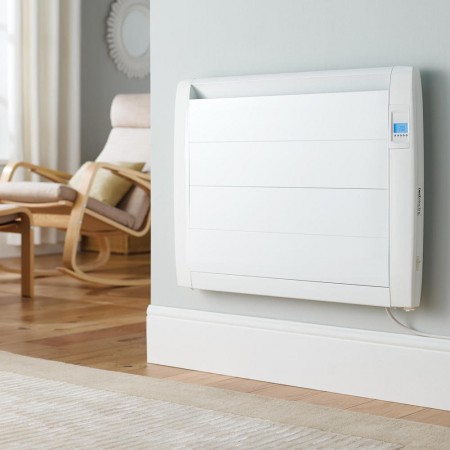Whether you heat your home with central heating powered by gas or electricity, you’ll need to make sure everything’s in full working order before the frost sets in. If your heating fails in the next few months, you could be left without hot water when you need it most.
Don’t worry – there are a few simple maintenance checks you can carry out first. In this guide, we’ll outline the basics of preparing your heating system for the chilly months ahead.

Run your heating before it gets too cold
A sensible initial check, testing the heating around your entire house could help to highlight any issues before the time your heating is most crucial. Make sure your pipes are thoroughly insulated so the water inside won’t freeze and burst the system.
Doing this in advance will give you time to call out a plumber to fix or replace any parts necessary before the temperatures drop. With average winter temperatures in the UK sitting between 2 and 7 degrees Celsius, you don’t want to get caught out.

Bleed your radiators
It might sound strange, but ‘bleeding’ your radiators is a quick and easy task to remove pockets of air. If your radiators aren’t heating up properly or are cold at the top and warm at the bottom, they may need bleeding.
Start by turning off your central heating to ensure your radiators are cool. Insert the radiator key into the bleed valve and place a cloth underneath to catch any water. Finally, twist the key anti-clockwise until you hear a hissing noise, then close it once the water starts leaking out of the valve.

Service your boiler
The first thing you should check on your boiler is the pressure. Bleeding radiators can lower your boiler pressure, but generally, your boiler pressure should be between 1 to 2 bars.
Elevated boiler pressure could be caused by too much water in the system, faulty parts, or general wear and tear. If your boiler is several years old, it could be worth bearing in mind that modern boilers are generally much more efficient.
If you’re worried about your credit score holding you back from essential maintenance, a bad credit loan could help to pay for an emergency call-out. Always make sure you’re able to meet the repayment terms if you do take out a loan.
Before calling out a plumber or an engineer, make sure they hold the right qualifications to undertake gas work by checking if they’re Gas Safe registered.
Even though heating maintenance can feel expensive, your livelihood could be seriously impacted if you are left without hot water over winter – so it’s best to be prepared.





[…] RELATED: How to prepare your home heating system for winter […]
[…] RELATED: How to prepare your home heating system for winter […]
[…] RELATED: How to prepare your home heating system for winter […]